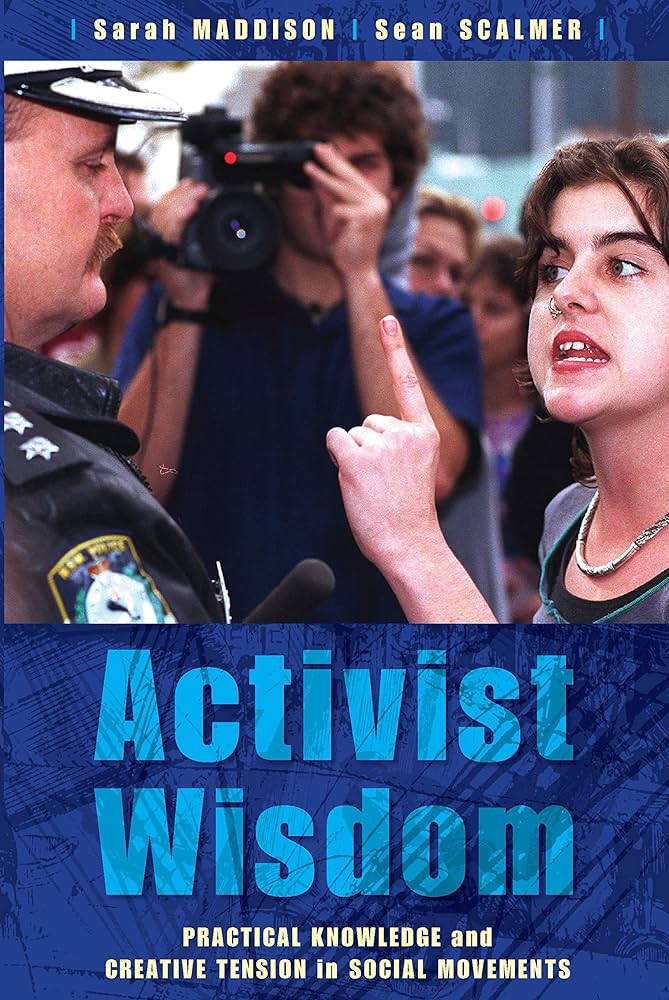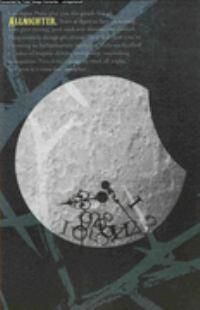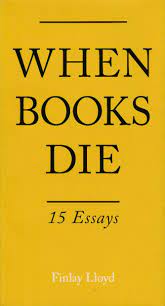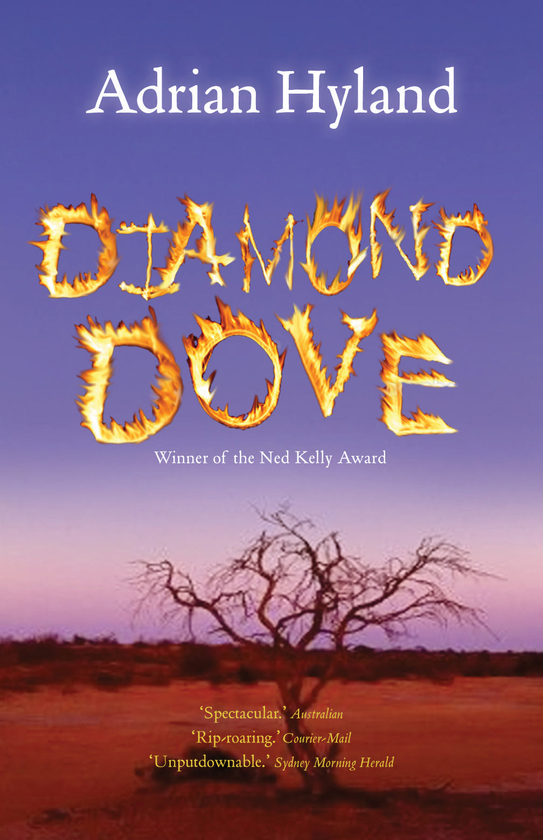Archive
Film | Theatre | Art | Opera | Music | Television | Festivals
Welcome to ABR Arts, home to some of Australia's best arts journalism. We review film, theatre, opera, music, television, art exhibitions – and more. To read ABR Arts articles in full, subscribe to ABR or take out an ABR Arts subscription. Both packages give full access to our arts reviews the moment they are published online and to our extensive arts archive.
Meanwhile, the ABR Arts e-newsletter, published every second Tuesday, will keep you up-to-date as to our recent arts reviews.
Recent reviews
Burn: The epic story of bushfire in Australia by Paul Collins
by Tom Griffiths •
Activist Wisdom: Practical Knowledge and Creative Tension in Social Movements by Sarah Maddison and Sean Scalmer
by Jay Thompson •
Emails from the Edge: A journey through troubled times by Ken Haley
by Rebecca Starford •
When Books Die: 15 Essays edited by Finlay Lloyd
by Chris Boyd •
Luca Antara: Passages in search of Australia by Martin Edmond
by Christina Hill •
Diamond Dove by Adrian Hyland & The Cobbler's Apprentice by Sandy McCutcheon
by Kabita Dhara •










